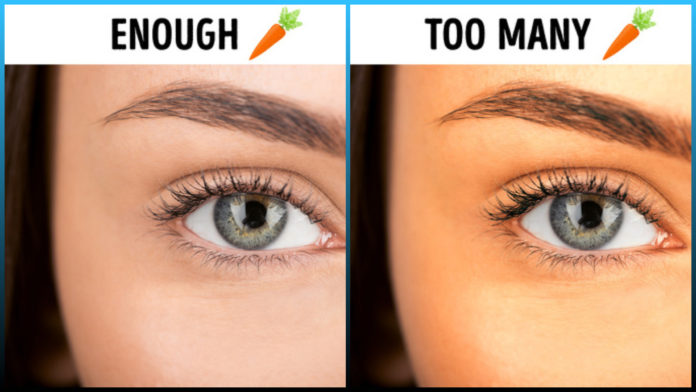
Ever since it has been proved that the Mediterranean diet is safer, people have realized just how much food is linked to health. Unfortunately, much of the hype about this new dietary trend has centred on increasing the intake of a single product, and not even the so-called superfoods can give all of the nutrients and health benefits of a balanced diet.
1. Carrots
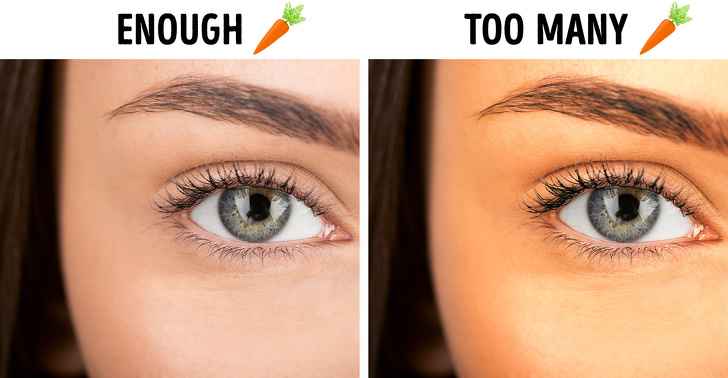
Carrots are filled with beta-carotene which becomes vitamin A in your body. There is no such thing as excess vitamin A since your body transforms beta-carotene as required into vitamin A. Unfortunately, excess beta-carotene can cause carotenemia in your body, a disorder that makes your skin yellowish. When the carotene is absorbed, it slowly disappears and causes no damage.
2. Kombucha
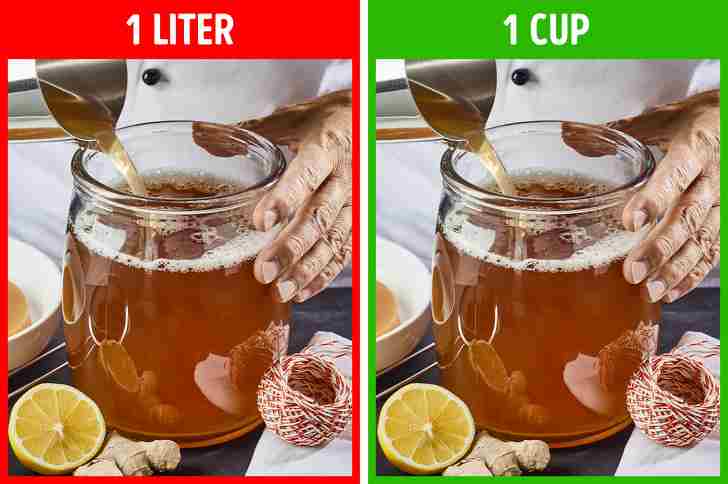
The Chinese drink that dominated the world of millennial food comes with digestive benefits and is said to increase bacteria in the gut. It also contains, however, a compound called FODMAP, a byproduct of yeast fermentation that can cause bloating and digestive discomfort if ingested in large quantities.
3. Water
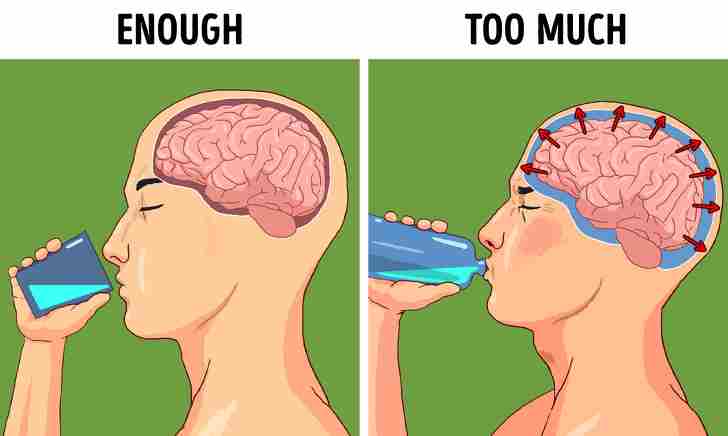
So much water can produce an imbalance in the electrolyte by bringing sodium levels down to the floor when your kidneys can no longer absorb it. Another effect, in extreme situations, is the accumulation of water in the brain that causes it to swell and raises the strain because human skulls can not stretch. While extremely rare, both cases were seen in athletes who had a compulsive need to rehydrate after a long training session or in people with kidney problems.
4. Avocado

Avocados have fibre and a lot of vitamins in it. It may also help to lower bad cholesterol (LDL) and protect the cells because of their high monosaturated fat content. Yet fat remains fat regardless. A single avocado contains 240 calories, which is about 10 per cent -20 per cent of the ideal calorie intake of a human, and ingesting too many calories may lead to problems with artery-clogging. If eaten raw (for example, not avocado chips) one should stick to around half or 1 avocado a day.
5. Beetroot
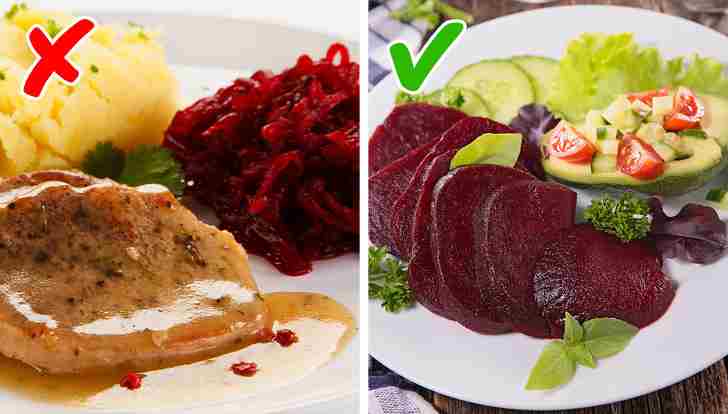
Beetroot is a large source of minerals and vitamins. It also contains a number of nitric oxides that the body converts into nitrates that can help lower the blood pressure. These are then converted into nitrosamines that are also present in foods, which may increase one’s chances of disease growth. Because of this, it may be better not to combine high beetroot and red meat consumption.
6. Seaweed
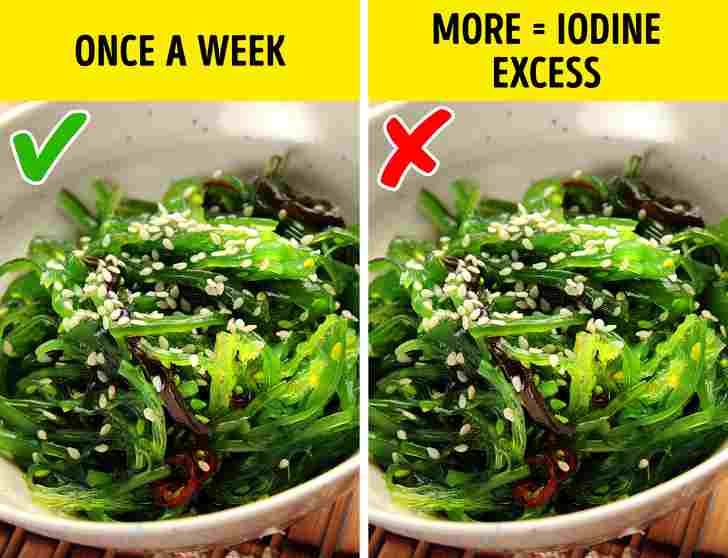
Seaweed is a rare example of a vitamin B12-rich non-animal product which makes it a great substitute for meat in vegan and vegetarian diets. It was also marketed as a superfood that could help you lose weight due to its quality of iodine and fibre-rich. But a high intake of iodine may cause thyroid problems and even weight gain. Seaweed may also contain heavy metals, depending on where it grew.
7. Soy and its derivatives
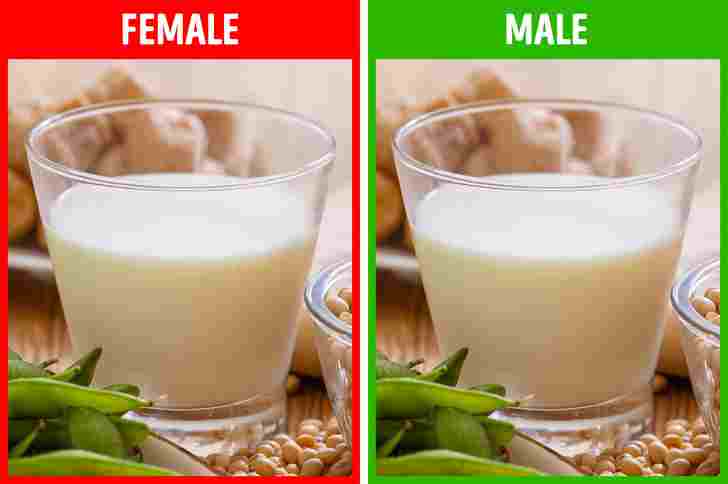
Soy foods are rich in nutrients including high-quality protein, including vitamin B, starch, potassium, magnesium. It is called a complete protein because it comprises all nine essential amino acids that the body is unable to produce. But if you’ve recently changed your diet due to thyroid problems, look out: soy may interfere with hormone medication used in female patients to treat hypothyroidism. Although the findings are not definitive, close analysis is worthwhile.
8. Chia seeds
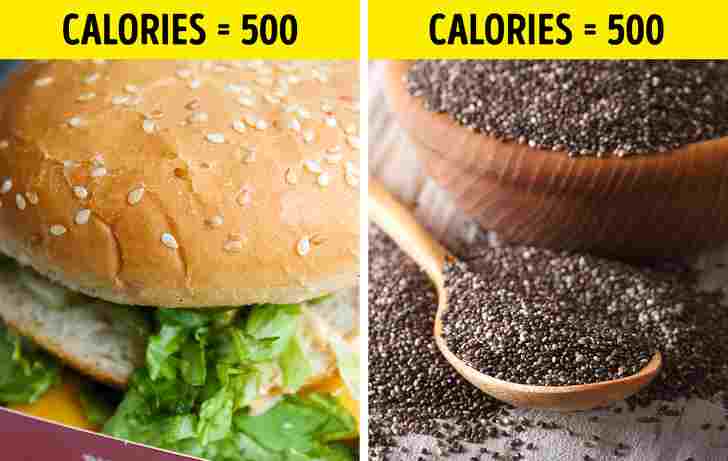
While chia seeds have been sold as a superfood due to their high omega-3 content, no evidence of their health benefits has been found so far, specifically in relation to cardiovascular disease. The omega 3 found in chia seeds is harder to absorb than the kind produced by salmon, so you will need to consume around 100 grams of chia seeds to absorb just as much as you would with fish while having more of it. Here’s the catch: 100 grams of chia seeds contain about 500 calories which is about the same as a hamburger for fast-food.
